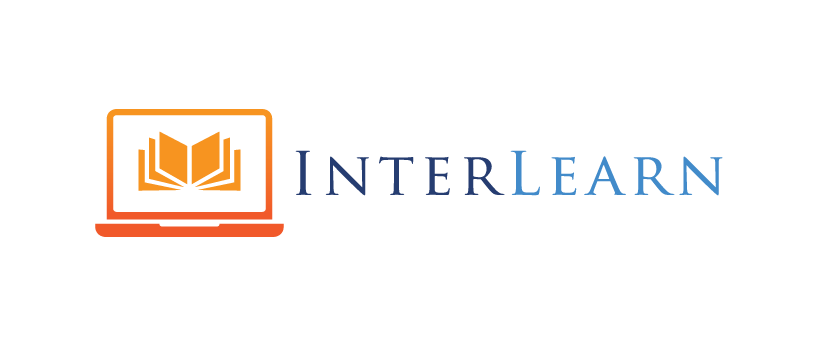Throughout my life, there have been individuals that I have so greatly learned from that I just wanted to really dive in deep with them and learn as much as I could. For me, this category has included some ministers, some leaders, some Godly, wise men, a few teachers. These individuals so grab my attention that I want to be able to just sit at their feet and learn what they have learned and can pass on. A few of these individuals I know well and still get the chance to continue learning. A few of these individuals have passed away. A few of these individuals have changed in some of their perspectives and I am more guarded in what I would choose to learn from them.
As an example, one of those individuals was Chuck Colson. He, of course, has passed away now. However, the things that he spoke about and his level of intelligence astound me. I actually interacted with him once when I was freshly graduated from high school. I was at a trade show and he and a group of people came by on their way somewhere while I was taking a break to make myself a quick sandwich. He quipped, “Looks good,” as he walked by. I responded, “would you like one?” And that’s the quick story of how I offered Chuck Colson a Peanut Butter and Honey sandwich. 😀
There are several principles, though, to this mentality that I would suggest for your model of lifelong learning. These elements make this model of learning work:
– Humility
– Hunger
– Evaluation
Humility. As individuals grow as leaders and people in general, there seems to be a tendency to discontinue the learning process. This may be from lethargy (which will cover under the next point). However, more often I see that it is due to pride/arrogance. Then when a problem arises for which the individual does not know what to do, instead of learning to do what they need to do, they sit back and “hope” for the best. . .often while all heck breaks loose around them because of their unwillingness to take action based on accurate strategy.
So, in my thinking, to be an effective lifelong learner, you must be humble enough to go get the learning you need. Sitting at the feet of a master is the picture of humility. Don’t be afraid of what it might look like to others that you’re still learning. Be okay with the phrase, “I don’t know” when asked about something. . .and then work to figure out what you don’t know to answer the question effectively. In a world where knowledge is doubling every day, you cannot possibly know everything.
Hunger. For those Lencioni fans, I promise I am not just trying to steal his model (See Lencioni’s Ideal Team Player). However, hunger is definitely an element for learning. Without it, you will not persevere in the process of learning. Learning will become a checkbox to mark instead of a goal in itself. You must remain focused on answering the questions in your practice by learning. You can’t let the schedule reflect a state of lethargy in your learning. You cannot let yourself get tired of learning.
Evaluation. As I noted, there are some individuals that have become less desirable sources of information/learning. This brings up the perspective of evaluation of your sources of learning. As much as I like television shows like medical dramas, etc., if I chose to only get my health practices from watching those shows, my knowledge base would be severely lacking in its depth and accuracy. The same is true for the individuals/sources that you choose as learning sources. Some of those individuals are just not worth my investment in time. Sadly, some of these “sources” have been in my formal education process. There are individuals who have been my faculty who were not learners themselves and did not keep their learning up to date.
As someone who is willing to continue learning because I am humble and hungry, I must evaluate not only the sources of what I’m learning but also the content once I’ve received it. In the evaluation process, I choose to reject sources that are not reliable or that have gone down a path that is counter to my faith perspective (in the cases of faith-based learning). Once I go through the learning, I need to take the time to evaluate what I have learned so that I can use it most effectively, apply it to what I currently know, etc.
How do you measure your ability to continue learning?


Comments are closed